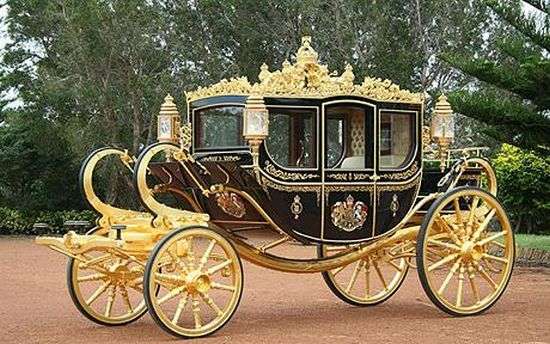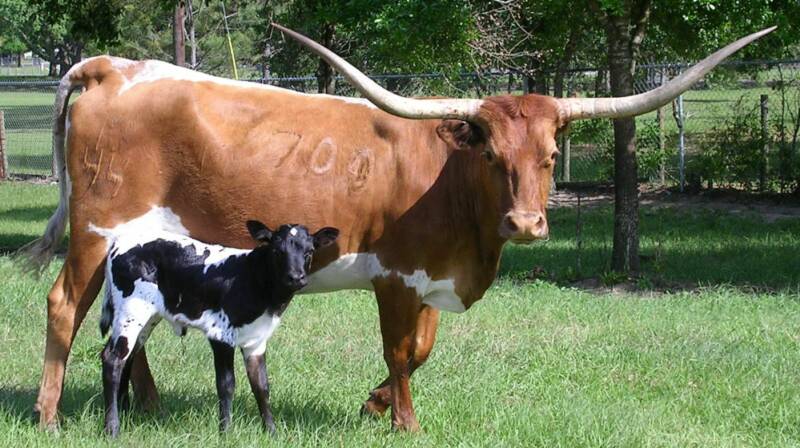Stamp: Canefarmers centenary 1882-1982 (Trinidad and Tobago 1982)
Canefarmers centenary 1882-1982 (Trinidad and Tobago 1982)
13 December (Trinidad and Tobago ) within release Canefarmers centenary goes into circulation Stamp Canefarmers centenary 1882-1982 face value 70 Trinidad and Tobago cent
| Stamp Canefarmers centenary 1882-1982 in catalogues | |
|---|---|
| Michel: | Mi:TT 459 |
Stamp is square format.
Also in the issue Canefarmers centenary:
- Stamp - Canefarmers centenary 1882-1982 face value 1.50;
- Stamp - Canefarmers centenary 1882-1982 face value 30;
- Stamp - Canefarmers centenary 1882-1982 face value 70;
Stamp Canefarmers centenary 1882-1982 it reflects the thematic directions:
Agriculture is the cultivation and breeding of animals, plants and fungi for food, fiber, biofuel, medicinal plants and other products used to sustain and enhance human life.[1] Agriculture was the key development in the rise of sedentary human civilization, whereby farming of domesticated species created food surpluses that nurtured the development of civilization. The study of agriculture is known as agricultural science. The history of agriculture dates back thousands of years, and its development has been driven and defined by greatly different climates, cultures, and technologies. Industrial agriculture based on large-scale monoculture farming has become the dominant agricultural methodology.
Flora is the plant life occurring in a particular region or time, generally the naturally occurring or indigenous—native plant life. The corresponding term for animal life is fauna. Flora, fauna and other forms of life such as fungi are collectively referred to as biota. Sometimes bacteria and fungi are also referred to as flora, as in the terms gut flora or skin flora.
A carriage is a two- or four-wheeled horse-drawn vehicle for passengers. Second-hand private carriages were common public transport, the equivalent of modern cars used as taxis. Carriage suspensions are by leather strapping or, on those made in recent centuries, steel springs. Two-wheeled carriages are usually owner-driven.
Bulls and cows (also known as cows and bulls or pigs and bulls) is a code-breaking mind or paper and pencil game for two or more players. The game is played in turns by two opponents who aim to decipher the other's secret code by trial and error.




